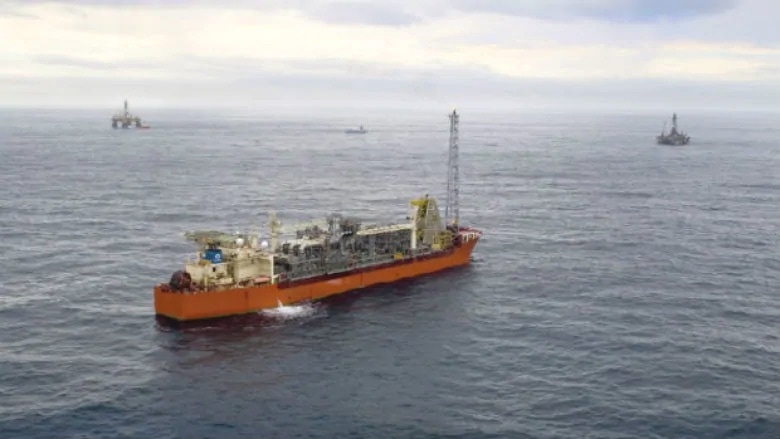
KJIPUKTUK (Halifax) – Despite the climate emergency the three main federal parties aren’t clearly in favour of ending oil and gas activities in the Nova Scotia offshore by the end of 2022.
That’s the disappointing message contained in the parties’ responses to a questionnaire sent out by the Offshore Alliance, a coalition of 18 fisheries and environmental groups active in the province.
The Conservative Party didn’t respond, and neither the Liberals nor the NDP provided a clear yes when asked about their intentions if elected.
“In government, New Democrats would work with stakeholders to develop policies that would best meet the needs and concerns of all those who share the offshore waters,” the NDP states in response.
The Liberal and NDP parties’ commitment to end all oil and gas subsidies appears to be a bit more firm, although the two parties’ responses are still dressed in ambiguity, particularly around dates.
In contrast, both the Greens and the Communist Party respond to both questions with a clear Yes.
“It was disappointing to see these partial responses from the Liberals and the NDP, quite frankly,” says John Davis, a spokesperson for the coalition, and director of the Clean Ocean Action Committee, a fisheries organization representing 9000 vessel owners, captains, crew members and fish plant owners.
“I don’t know what more it’s going to take. The western part of our country is in flames or in flood or in drought, take your pick. Our oceans are being stressed dramatically, oxygen levels in the Gulf of St. Lawrence are way depressed, mainly because of the amount of carbon that’s been entering our oceans from the atmosphere,” Davis says.
“Meanwhile, 84% of Nova Scotian said we should be getting off carbon and working toward a green economy. How can our elected officials be so far behind that important public sentiment?”
A questionnaire sent to the provincial parties in August shows the same ambiguity in the response from the provincial Liberals, but the position of the provincial NDP is much more firmly in favour of ending offshore exploration than its federal counterpart.
Climate change is the main driver behind ending subsidies and offshore oil and gas activities, but not the only one, Davis says.
Despite their claims to the contrary, the oil industry does not have any capacity to clean up an oil spill in our waters. The waters are too rough and the tides and currents are too high, says Davis.
“In Nova Scotia we have an unbelievable resource of protein energy in our oceans. The Nova Scotia fishery provides over $2 billion in export value, provides 25,000 jobs and makes substantial contributions to the provincial GDP. To put that resource, which the world really requires, at risk in order to extract more hydrocarbons, which the world does not need, and which endangers our planet just doesn’t make sense,” Davis says.
Open letter to the new provincial government
Earlier this month the Offshore Alliance sent an open letter to Premier Tim Houston, calling for all oil and gas subsidies to be terminated by the end of 2022, and for a moratorium on all offshore activities while a full public inquiry is being held on the ecological risks and impacts of continued offshore oil and gas development .
The letter also calls for support for affected oil and gas workers.
There are actually many things we don’t know about the offshore oil and gas exploration, says Noreen Mabiza, energy coordinator with the Ecology Action Centre, explaining the call for the public enquiry.
“We want to see a cost benefit analysis, considering all the investments that are going into our offshore, and determine if that’s really worth the cost in terms of pollution and harm to the environment. It is actually really hard to find any transparency around the numbers,” Mabiza says.
We must never forget that the benefits of the clean economy that we’re working towards should be shared by all. The people who today make a living in the fossil fuel industry need to be part of the discussion. And when we talk about benefits being shared, Indigenous and Black communities, women, immigrants, and other traditionally underrepresented groups need to be brought into the conversations and be part of the solutions, Mabiza says.
Check out our new community calendar!
With a special thanks to our generous donors who make publication of the Nova Scotia Advocate possible.
Subscribe to the Nova Scotia Advocate weekly digest and never miss an article again. It’s free!



